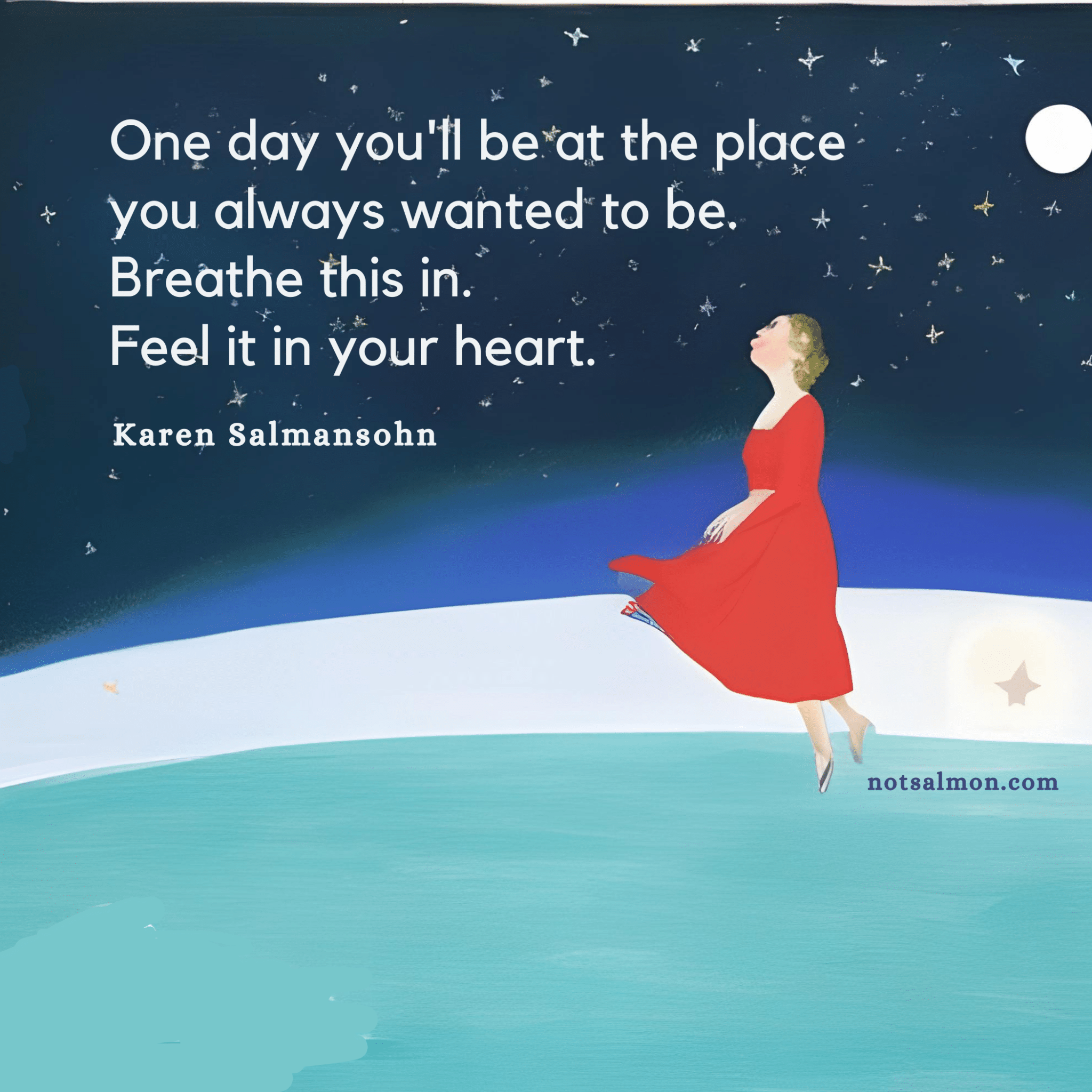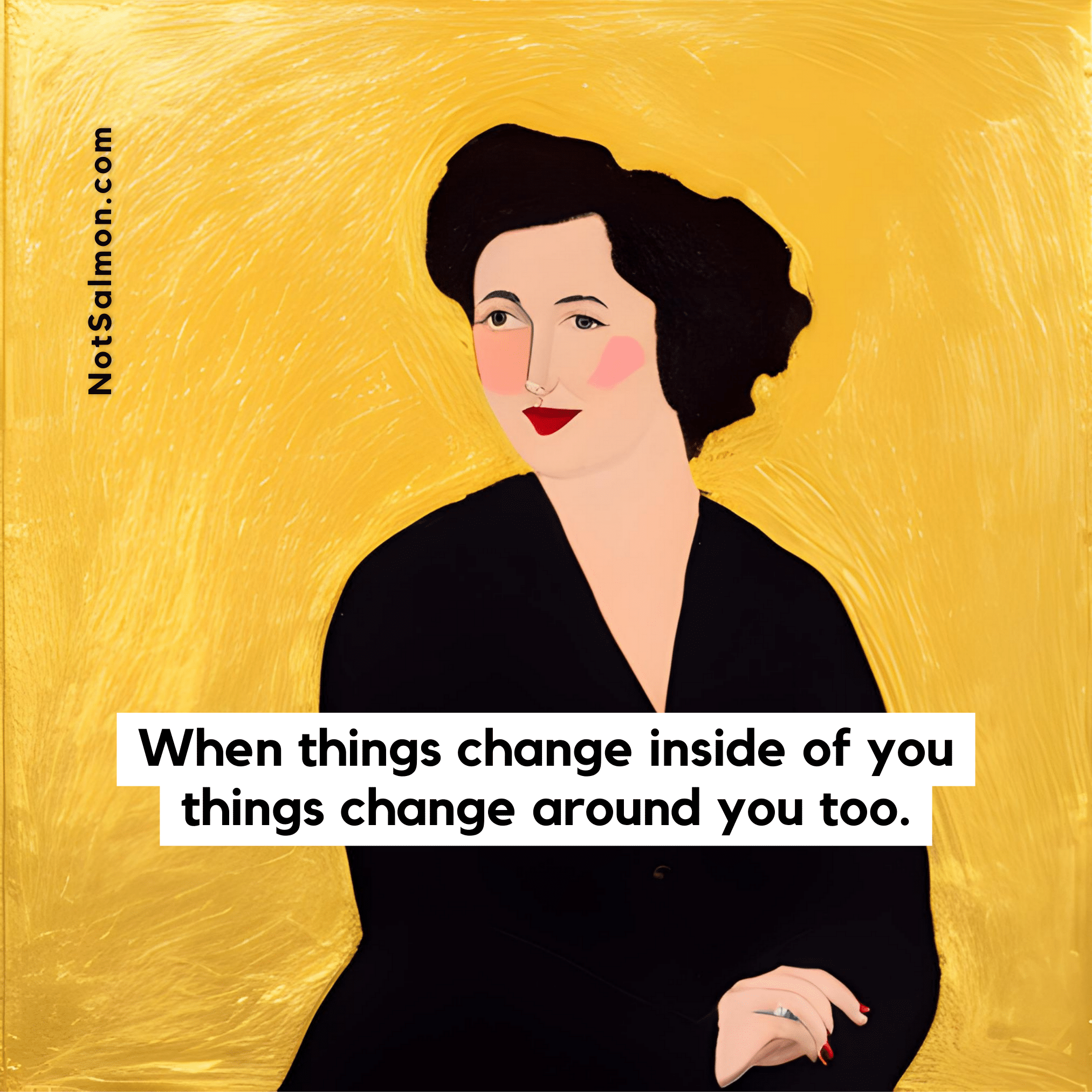
If you’re going through addiction recovery, you might want to explore how mindfulness helps you to heal and move on.
Ever wondered about that calm space inside your head, away from all the noise?
That’s where mindfulness takes you.
Mindfulness is not new. In fact, this practice been around for ages in spiritual traditions.
Today, loads of folks are catching on to it for a clearer mind – including myself.
In fact, I’m writing this article because I’m a a bestselling wellness author, Ishta trained meditation teacher, and founder of the therapist recommended video course called The Anxiety Cure.
I love sharing tools to help people to live their calmest and happiest lives.
With this in mind, coming up I will be sharing some empowering information about mindfulness!
Ready to find out how it fits into battling addiction by complementing alcohol and drug addiction treatment? Read on…
4 Ways Mindfulness Helps in Addiction Recovery
Here are 4 ways mindfulness plays a key role in addiction recovery.
1. Be Present in the Moment
For many facing addiction, the past haunts and the future intimidates. Mindfulness, at its core, is about honing in on the now. To achieve that, you can practise something as simple as observing your surroundings, no matter where you are.
This allows you to pull away from distressing memories or fears. In recovery, such moments of clarity, even if brief, can make the difference between a setback and staying on track. Over time, you will notice that this skill of anchoring yourself in the present moment becomes easier.
And the result? Better protection against sudden urges and emotional spikes.
2. Believe in Breathing Exercises
 You may notice how breathing changes with your mood. When anxious or stressed, it becomes shallow; when calm, it’s deep. Simple yet powerful breathwork is a part of mindfulness that essentially harnesses that connection.
You may notice how breathing changes with your mood. When anxious or stressed, it becomes shallow; when calm, it’s deep. Simple yet powerful breathwork is a part of mindfulness that essentially harnesses that connection.
Yes, you can influence your emotional state by deliberately focusing on your breath and controlling it.
For instance, imagine you’re having a tough moment, a craving perhaps. By taking slow and deep breaths, you will start to notice how this brings you calmness and grounds you.
Soon you’ll see that using breathwork as a tool does more than just help manage those challenging moments — it instills a greater sense of overall well-being.
3. Know Your Thoughts Are Just Thoughts
Have you ever felt trapped by your own mind’s chatter? That is a common experience, especially with addiction. But you have to take those thoughts for what they are — momentary bouts of anxiety, not truths set in stone.
Mindfulness teaches you to frame your thoughts properly, so when that negativity or craving-driven beliefs pop up, instead of getting swept away, you can learn to say, “Nah, it’s just a thought.” This puts some distance between yourself and that thought, helping you feel more in control.
The bottom line? You will find that you’re not held hostage by every nagging thought or worry anymore.
4. Expand Your Circle of Trust
 You know the saying, “It takes a village”? In the world of recovery, it couldn’t be truer, because facing addiction isn’t a solo battle. It all comes down to gathering the right people and resources around you.
You know the saying, “It takes a village”? In the world of recovery, it couldn’t be truer, because facing addiction isn’t a solo battle. It all comes down to gathering the right people and resources around you.
Treatment spots like the Perry Clayman Project also act as trust circles, filled with people who understand — and can relate to — what you are going through and offer a steady hand when things get rocky.
Now, besides leaning on others, it’s important to be able to lean on yourself, too. And this is where mindfulness comes in by teaching you to treat yourself with the same kindness and patience you would show a close mate. That niggling voice that whispers you’re not enough? Mindfulness helps you challenge it, replace it, and believe in your worth.
Mindfulness in Addiction Recovery
Looking for a fresh start or new ways to better manage alcohol and drug addiction? The first step is to choose a UK residential alcohol and drug rehab centre that you can trust. Then, mix mindfulness and self-compassion with a solid support circle and the right addiction treatment. This way, recovery becomes less about battling addiction and more about building a life of fulfillment and love.
Get More Support To Master Your Mindset
Explore my therapist recommended video course called The Anxiety Cure.
Think happier. Think calmer.
Think about subscribing for free weekly tools here.
No SPAM, ever! Read the Privacy Policy for more information.
One last step!
Please go to your inbox and click the confirmation link we just emailed you so you can start to get your free weekly NotSalmon Happiness Tools! Plus, you’ll immediately receive a chunklette of Karen’s bestselling Bounce Back Book!



 You may notice how breathing changes with your mood. When anxious or stressed, it becomes shallow; when calm, it’s deep. Simple yet powerful breathwork is a part of mindfulness that essentially harnesses that connection.
You may notice how breathing changes with your mood. When anxious or stressed, it becomes shallow; when calm, it’s deep. Simple yet powerful breathwork is a part of mindfulness that essentially harnesses that connection.  You know the saying, “It takes a village”? In the world of recovery, it couldn’t be truer, because facing addiction isn’t a solo battle. It all comes down to gathering the right people and resources around you.
You know the saying, “It takes a village”? In the world of recovery, it couldn’t be truer, because facing addiction isn’t a solo battle. It all comes down to gathering the right people and resources around you. 